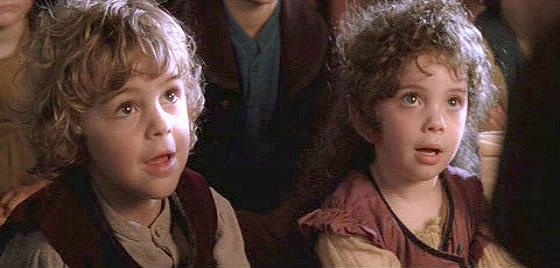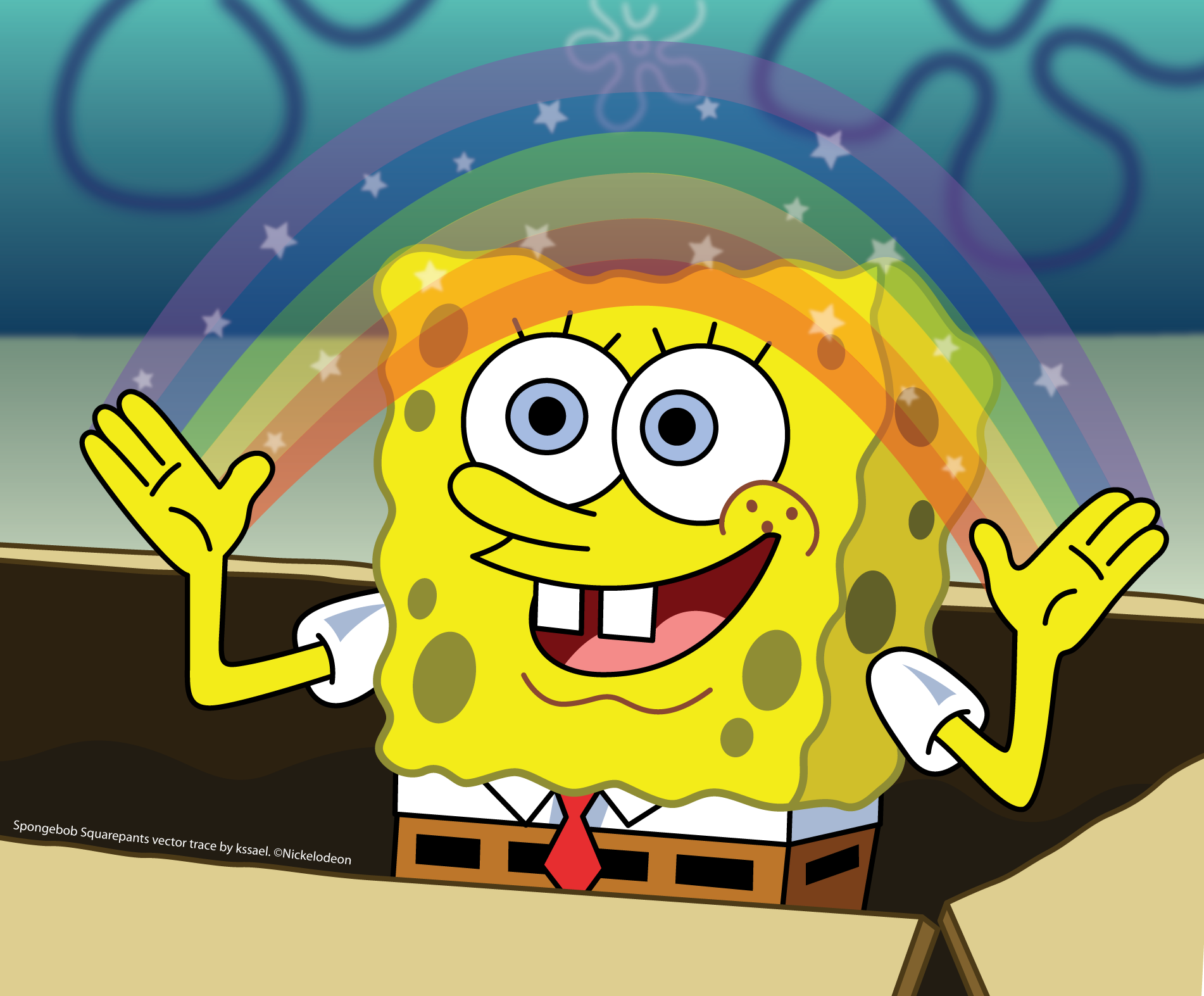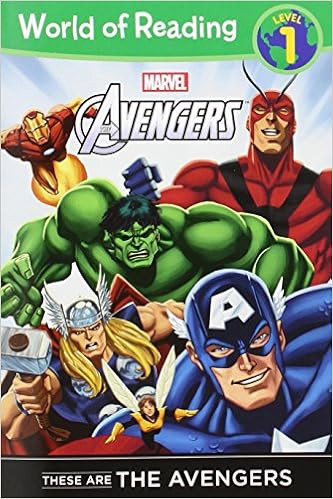"They Are the Most Important Work": Thoughts on Children and Fandom
Disclaimer: I am not a mom, but do I spend my 9 to 5 with people under the age of 13.
As I sit here writing this article, I feel like I really should be planning activities for next week. You see, I'm an assistant teacher in a summer school program and my lead teacher graciously asked me to help her with some ideas for next week's theme. Mainly because it's Superhero Week and she knows I'm a bit of a fan. As ideas for research topics and cool art projects jumped out of my brain and Pinterest account I started to think beyond the task at hand. It's important to share things you like with younger people, not in a "here, let's watch [insert thing here] until you can repeat the theme song ad nauseam" sort of way but in a curiosity-inspiring way. Especially when the topic in question already interests them in the first place. The next generation of creators, artists, and writers is out there and probably hitting someone with a stick as we speak.
Let's say you're watching The Wizard of Oz with a second grader and they ask you, "Is that real magic? It can't be." You have a few options: (A) pretend that you in fact believe in magic and are offended that they dare ask such a thing, (B) explain special effects to them and research how they pull them off, or (C) reply, "No, they aren't," and continue watching the film while fielding more questions. If you chose (A), the child you're babysitting may think you've lost your mind a bit but feel slightly relieved that magic isn't so implausible. If you chose (B), they will also most likely be inspired; hopefully this results in a future set designer and not a pyromaniac. But, their parents will likely later thank you for getting their child interested in chemistry. If you chose (C), you're probably the type of person who doesn't like to talk during movies.
It's all about encouraging imagination and going along with their inspiration. Scientifically speaking, there's a reason that kids like to do the same thing over and over again (yes, including watching the same movie repeatedly). Their brains are trying to make connections and they often aren't entirely aware of this. They just know that launching toy cars off of the top of the shelf in the block center is really fun, and probably pretending that the cars have to jump over a pit of fire or a lake. They're also learning concepts of physics without even knowing the word. The little boy in your class who plays like this every day might be one of the next hosts of Top Gear or go on to write or direct the next successful car-related heist franchise. He also might grow up to be a mechanic or a race car driver. Every kid is a future adult and needs the same guidance and encouragement that you did as a child, it only makes sense.
In the third grade my reading teacher knew that I loved Star Wars. She also knew that I had a tendency to rush through my work, or finish early and then sit there gabbing. Mrs. Banner (renamed after my favorite superhero to protect her privacy) brought in her husband's Star Wars books from when he was a kid for me to read as a reward. In turn, I drew her comics of Anakin and Padme. During my first year in the classroom as a teacher we had a class full of boys, and the few girls that we did have also liked superheroes. My boyfriend's mom bought me a storybook full of Marvel characters to take in to school, and the kiddos loved it. They asked questions about the characters and talked through moral issues in a way that only four-going-on-five-year-olds can. Spider-Man didn't like getting made fun of so they decided not to be mean to people; The Hulk doesn't always mean to get angry so maybe we should forgive our friends when they're mean for seemingly no reason. The book got them thinking, even if it was only momentarily, about other people's feelings in relation to their own. If being read a few stories about The Avengers can do that, what can deeper connections to story do?
What if fostering those connections truly causes a change in a child's life? What if the child curious about my The Hobbit inspired tattoo goes on to pen the next great epic fantasy saga of their time? A story can inspire, influence, and broaden a person's worldview. Fiction is a safe place to explore and realize things about the world. In that context parents, guardians, and other family and friends have a conversation starter and wealth of metaphor to use in explaining things to a child. Using the familiar to explain something new and potentially scary can create an open mind where plainly discussing something may close it.
In case you were wondering, here's what we're doing next week with the kiddos. Each group is going to research a superhero through guided questions--for fun yes, but also to get them thinking. Who knows, maybe someone will be inspired to figure out how to make clean nuclear energy a real thing, or will go on to work for Marvel, or will be inspired to do the right thing even when it's hard.
How do you use fandom to encourage and help the little people in your life learn and explore?
When you were a child, did the adults in your life incorporate your interests into lessons and activities? How did it affect you?







This is a fabulous idea! I got my younger sister involved in some of my favorite fandoms for mainly selfish reasons, such as, I wanted someone who would watch LOTR with me without complaining, or be willing to binge watch a K-Drama, or give me an excuse to read The Chronicles of Narnia aloud in funny accents. But I really like your ideas here, and I definitely want to incorporate them the next time I decide to share a fandom with one of my younger siblings or little friends. (-:
ReplyDeleteMy youngest sister is still in the childhood stage you speak of, and I think fandoms are starting to enter her shell already. Right now, she really likes the TV show Psych, for some reason. She's still at that phase where she likes being scared, but only to a point. I predict that she's going to be a horror movie buff when she gets a little older. :)
ReplyDelete